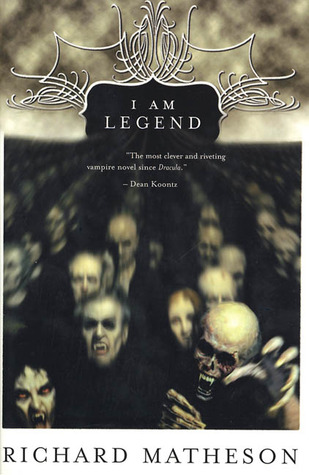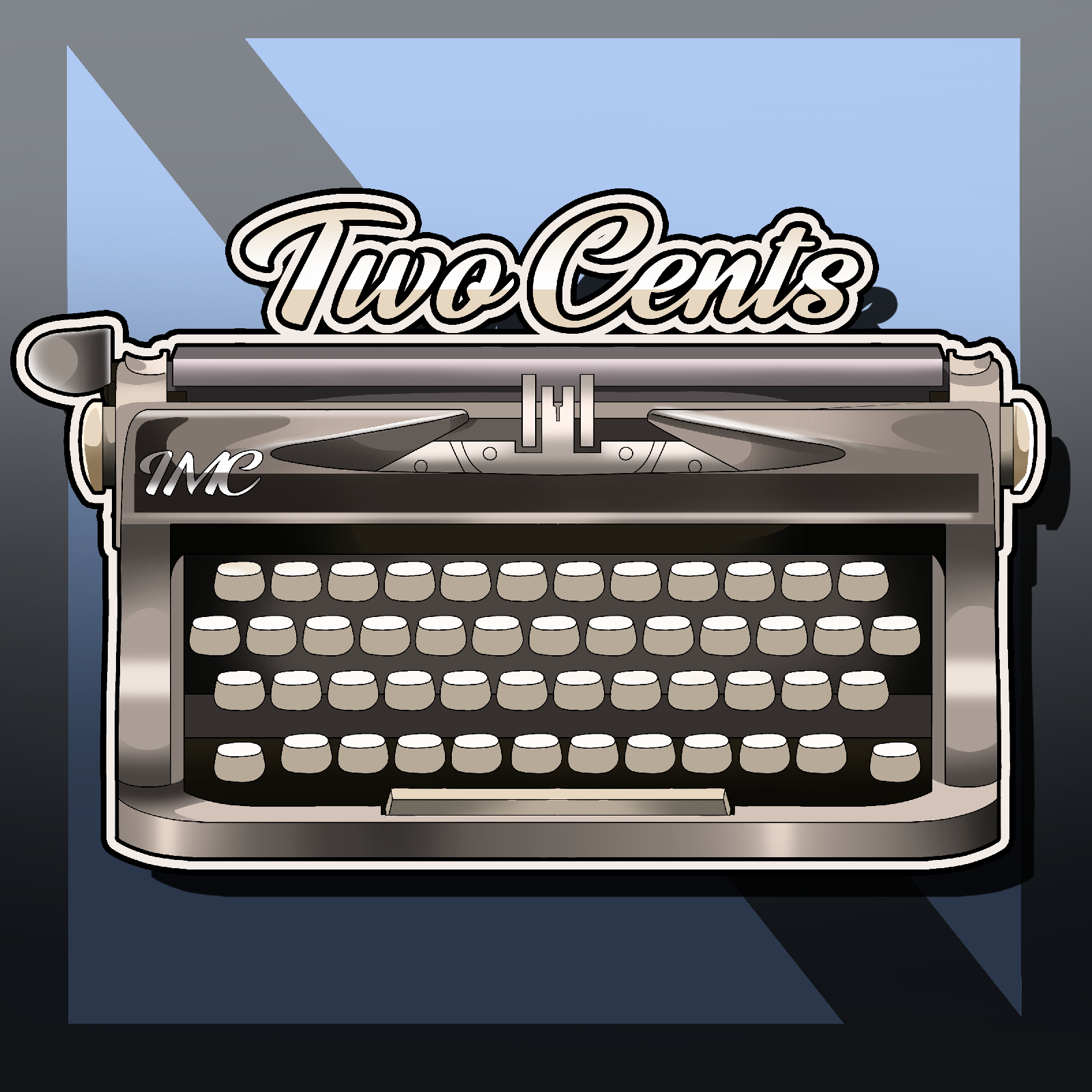The First Line
In any piece, the first line is the first impression, the "Hello, my name is...how are you?" of literature.
It's the hardest aspect many young writers have to contend with when writing a story. In a single line, the tone is set, the style begins to solidify, the point-of-view is established, the genre is perhaps even introduced, and the story commences.
More than anything though, the first line must also be arresting. It has to take hold of the reader and compel them to keep reading.
That's a lot of pressure to place upon a single sentence.
Yet, it can be done. It has been done. And it will continue to be done so long as people keep reading, and therefore, writing fiction.
It can be done provided a writer knows what an ideal first line should do. By should do, I don't mean on a technical sense, on the authorial end of things (see paragraphs two and three for that). I mean what a first line has to do to a reader.
Every piece of writing is a conversation between the author and the reader. It's a two person job. A writer places a series of black (or other color, because word processors have such functions, but black is traditional and readable) marks across a page, meant to convey something, usually an emotion, a narrative, or an argument. However, it is the reader's task to decode and interpret what the author wishes to convey in their own minds, hence the two-way interaction.
The secret to writing a good first line is simple: a good first line forces a reader to ask questions.
The questions of course may vary, depending upon the line. Who is the person? What is this place? That's an odd detail, and why is it so? Is this idea proposed by the author actually true? All that depends on what the authors wishes for the reader to focus--the characters, the setting, perhaps a theme or idea--but the same goal is met. The question is asked in the readers mind, and human curiosity being what it is, the desire for answers keeps them glued to the page.
I say all this, but I've yet to give examples. Allow me to mitigate that.
Take for example the opening line of Richard Matheson's famed short novel, I Am Legend (a book worth reading regardless if you've seen the films):
 "On those cloudy days, Robert Neville was never sure when sunset came, and sometimes they were in the streets before he could get back."
"On those cloudy days, Robert Neville was never sure when sunset came, and sometimes they were in the streets before he could get back."
You're right to wonder--if you do--what is it that makes this a great opening line? Again, the reason is that it begs questions. Three questions particularly jump out immediately.
One--the most direct--who is Robert Neville?
Well, very likely he is the character through whose eyes we'll be experiencing this story. Beyond that, for now at least, he's an enigma. Yet, Matheson, like any good fiction writer, would not just arbitrarily put a random character in he driver's seat of a story. So, there must be something about him that makes him interesting, possibly even complex. What though? Well, to figure that out, you'd have to continue reading.
Two--and this is where being a close reader starts to become necessary--why is sunset something Neville should be aware of?
If you've seen the films or read the story before of course, you know why. This single word begins to reveal, in an extremely subtle way, the core conflict of the story. And of course, without conflict, there is no story. Clearly however, this is something that readers should be aware of since Matheson mentions it in the very beginning. It's a small "hint, hint, this is important," moment between him and the reader.
Finally, three--and again, close reading becomes important--who are they?
Again, if you know the story in any medium, you know who they are. To a novice reader, however, the fact that Matheson chooses to use, not a noun, a specific person, place, or thing, but a pronoun, a non-descript stand-in for a something more specific, is an excellent lure. It begs the most obvious question and inflames innate human curiosity. A reader will natural want to know what the they in question really are. Its a mystery, dangled in front of the reader, and the only way to solve it is to keep reading.
Just to reiterate, first lines are one of the hardest things a writer must to do to become better at their craft. Still, this is not a hard and fast rule. No so-called rules for writing are. They're guidelines, suggestions. Sometimes writers elect not to place all that pressure on just one sentence. If they're writing a novel, sometimes it's the whole first chapter that does that much work. If it's short fiction, it may be the whole first paragraph. There are always exceptions to the rule.
You shouldn't beat yourself up if you can't think of a homer of a first line straight away either. That's why writers revise a good deal before publishing. It's just a good rule of thumb. A great first line will make a good impression on a reader, and, chances are high, that they'll keep turning the pages until the end.
If you would like more insight into this topic, or other writing topics, I highly recommend watching the videos of Diana Callahan, the Quotidian Writer. Her insights are phenomenal. You can watch her video on "How to Write a Good First Lines" below:
Take for example the opening line of Richard Matheson's famed short novel, I Am Legend (a book worth reading regardless if you've seen the films):
 "On those cloudy days, Robert Neville was never sure when sunset came, and sometimes they were in the streets before he could get back."
"On those cloudy days, Robert Neville was never sure when sunset came, and sometimes they were in the streets before he could get back."You're right to wonder--if you do--what is it that makes this a great opening line? Again, the reason is that it begs questions. Three questions particularly jump out immediately.
One--the most direct--who is Robert Neville?
Well, very likely he is the character through whose eyes we'll be experiencing this story. Beyond that, for now at least, he's an enigma. Yet, Matheson, like any good fiction writer, would not just arbitrarily put a random character in he driver's seat of a story. So, there must be something about him that makes him interesting, possibly even complex. What though? Well, to figure that out, you'd have to continue reading.
Two--and this is where being a close reader starts to become necessary--why is sunset something Neville should be aware of?
If you've seen the films or read the story before of course, you know why. This single word begins to reveal, in an extremely subtle way, the core conflict of the story. And of course, without conflict, there is no story. Clearly however, this is something that readers should be aware of since Matheson mentions it in the very beginning. It's a small "hint, hint, this is important," moment between him and the reader.
Finally, three--and again, close reading becomes important--who are they?
Again, if you know the story in any medium, you know who they are. To a novice reader, however, the fact that Matheson chooses to use, not a noun, a specific person, place, or thing, but a pronoun, a non-descript stand-in for a something more specific, is an excellent lure. It begs the most obvious question and inflames innate human curiosity. A reader will natural want to know what the they in question really are. Its a mystery, dangled in front of the reader, and the only way to solve it is to keep reading.
Just to reiterate, first lines are one of the hardest things a writer must to do to become better at their craft. Still, this is not a hard and fast rule. No so-called rules for writing are. They're guidelines, suggestions. Sometimes writers elect not to place all that pressure on just one sentence. If they're writing a novel, sometimes it's the whole first chapter that does that much work. If it's short fiction, it may be the whole first paragraph. There are always exceptions to the rule.
You shouldn't beat yourself up if you can't think of a homer of a first line straight away either. That's why writers revise a good deal before publishing. It's just a good rule of thumb. A great first line will make a good impression on a reader, and, chances are high, that they'll keep turning the pages until the end.
If you would like more insight into this topic, or other writing topics, I highly recommend watching the videos of Diana Callahan, the Quotidian Writer. Her insights are phenomenal. You can watch her video on "How to Write a Good First Lines" below:


Comments